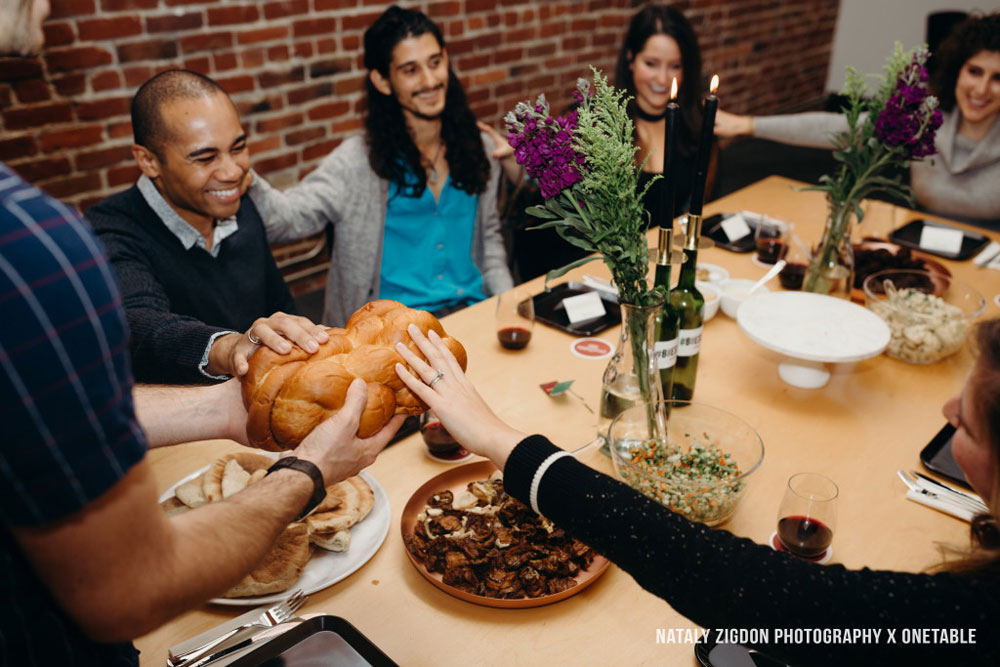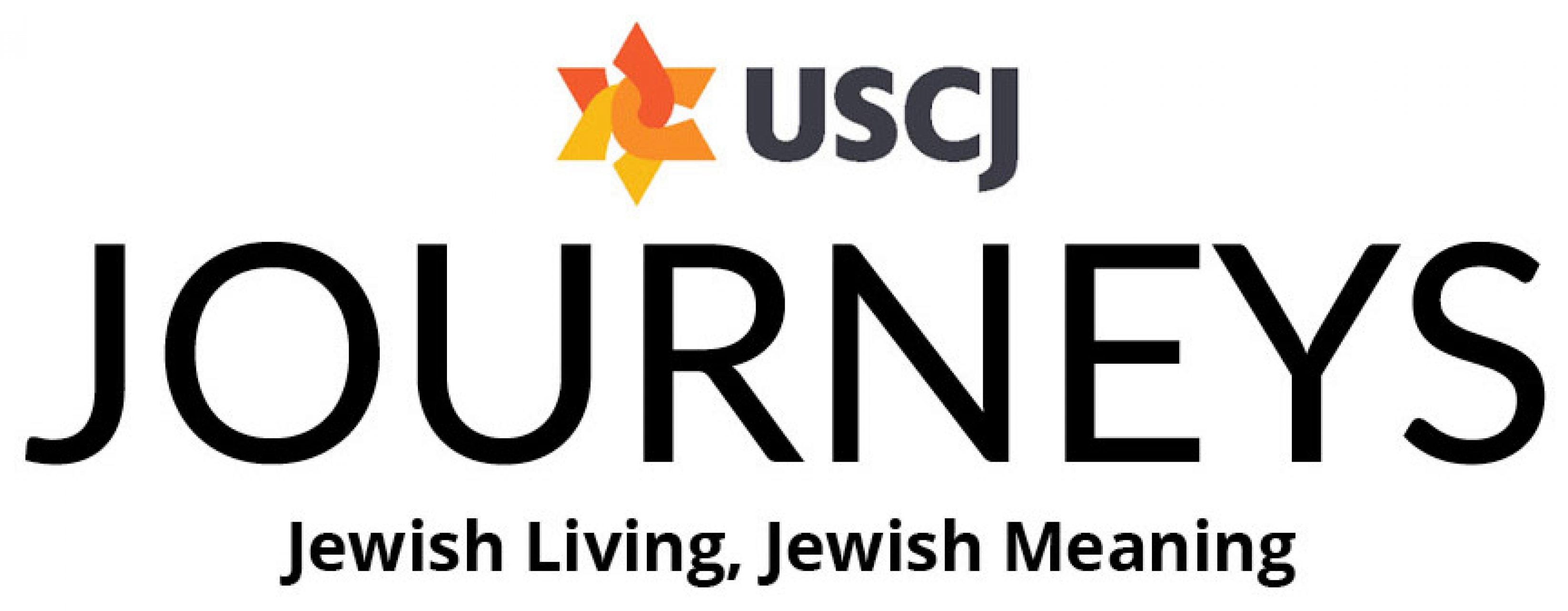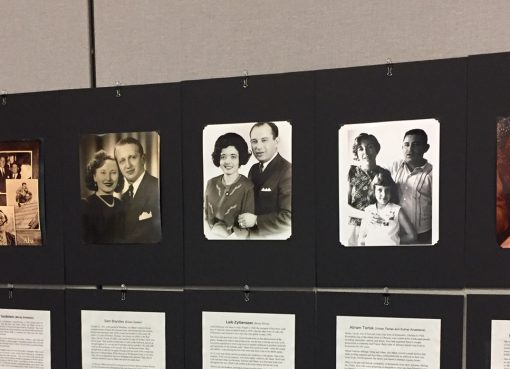
Most of us see it every time we go out to eat: young adults and families—sometimes even our own—staring at their phones around the table instead of engaging in meaningful conversation. With research linking depression, anxiety and loneliness to heavy social media and internet use among millennials and younger generations, more young Jews are seeing the importance of unplugging and connecting with community during Shabbat. As a result, several organizations have adapted to the current digital world by making the sacred Shabbat practice more accessible and engaging for this next generations of Jews.
The organization OneTable led the trend in creating a platform that makes it possible for young adults in major cities to find and build authentic Shabbat experiences. It offers ritual guides, nearby Shabbat locations, one-on-one support, workshops and more. People can even apply to host Shabbat meals and are then provided resources. OneTable mainly targets millennials, who find themselves lacking affiliation with a Jewish institution, and tries to streamline the process these young adults go through when trying to find a Jewish community with which to connect.

The organization’s Director of Learning Rabbi Jessica Minnen believes the essence and sacredness of Shabbat hasn’t necessarily evolved over the years, but the way young people frame the practice has. “For millennials, the conversation is less about what Shabbat is and more about what Shabbat does,” she says. “When you reframe Shabbat in terms of possibilities rather than parameters, the opportunities are endless. It becomes a chance to practice the deeply rooted Jewish value of hachnasat orchim, to unplug and recharge and to experience ritual as a technology that connects you to your past and empowers you to be present.”
OneTable frames Shabbat as a Jewish practice that belongs to the individual and can be done right now, as long as the person is willing to gather with intention on Friday night and welcome Shabbat with good food, good wine and good people. “The rituals, food, intention, decor, guests, conversation…it all matters,” says Rabbi Minnen. “We aim to support young adults with exactly what they need: curated recipes, tips for beautifully plating takeout, conversation starters that go deep (but not too deep) and ways to moderate discussions without feeling like a camp counselor. It’s all valuable, and it’s all part of an immersive Jewish experience that young adults really care about.”
While technology plays a huge role in the lives of most young adults—which is why OneTable created its iOS app—Rabbi Minnen believes millennials still yearn for face-to-face interaction. “The most important trend among young adults isn’t a preference for online dinner management and easily accessible content, but the desire to connect regularly in real life,” she says. “Shabbat is an incredible communal resource because it allows everyone to have a seat at the table, and to connect with intention on a regular basis.”

Leadership at USY also see the value Shabbat can bring to young adults, which is why it started a Shabbat program for alumni establishing themselves in their careers and looking to re-connect with their USY roots. Events are set up all around the country for young people to attend. “We knew there was an opportunity to create a major impact and create memories for our alumni by starting a special Shabbat program for them,” says USY Alumni Affairs Director Matan Siberstein. “The program not only allows people to see old friends, but also to stay connected to Judaism as a whole.”
In Matan’s eyes, if organizations want to see young people truly engaged in Shabbat, it’s critical to tailor their platforms to the needs and personalities of the current generation. “Young adults generally work on their own schedule, so asking them to commit to something bigger can be tough,” he says. “We keep our Shabbat dinner registration available online up until Thursday in order to give them more flexibility and accommodate last-minute decisions to bring friends. Our goal is to meet millennials where they are instead of dragging them to us, and so far, it’s been extremely successful.”
For more information on USY’s alumni program, click here.
To read about millennials charting their own course in Judaism, click here.








Comment here